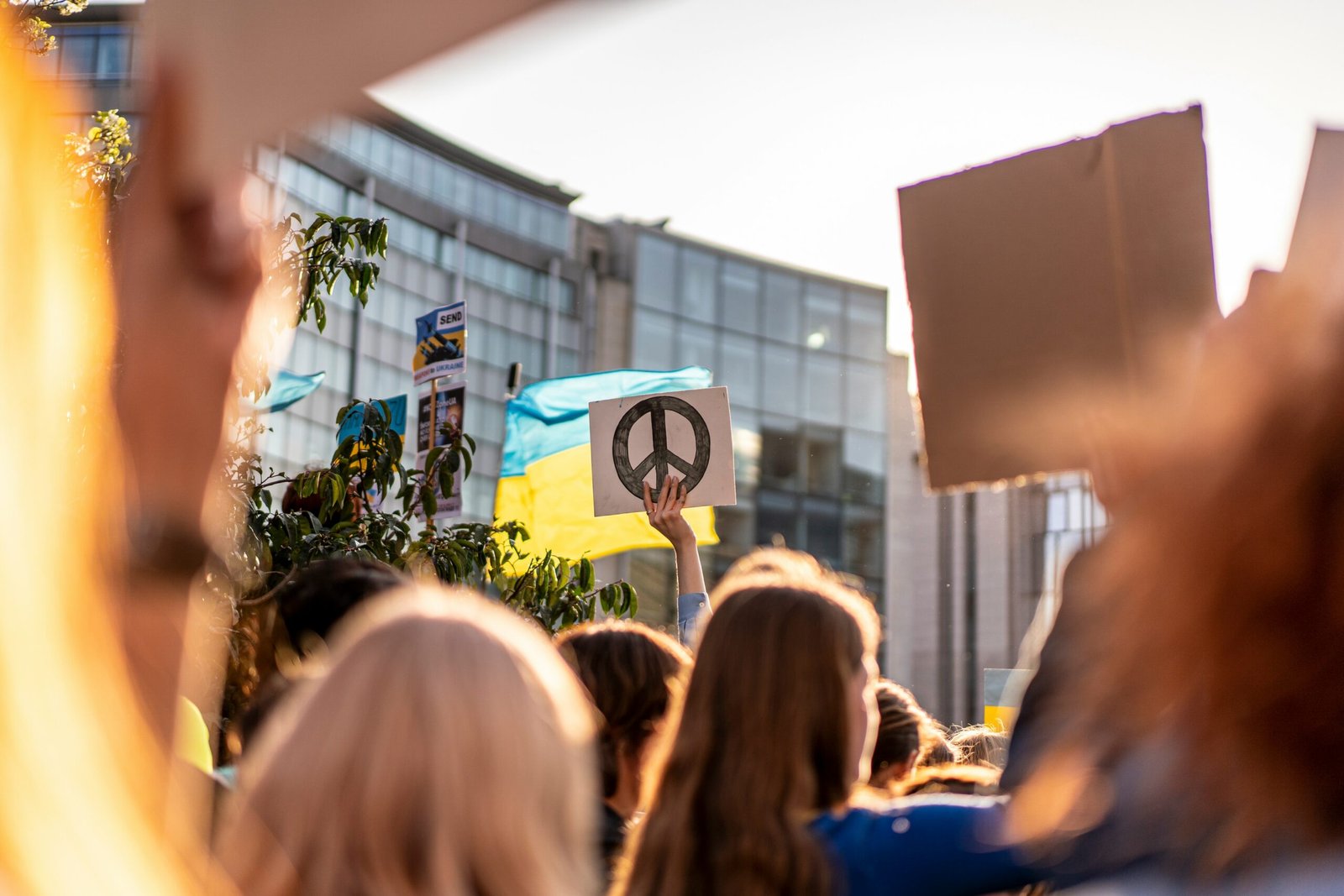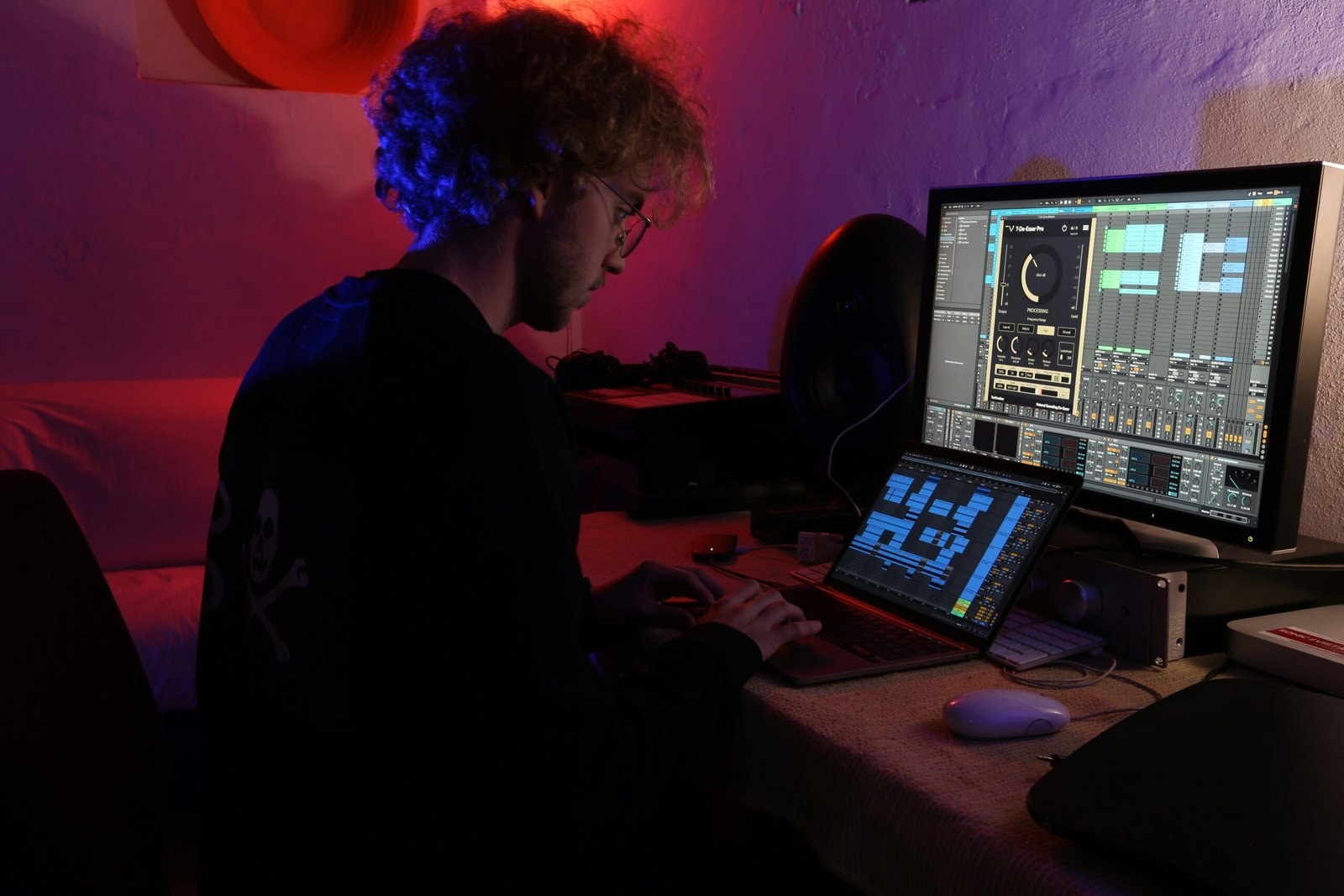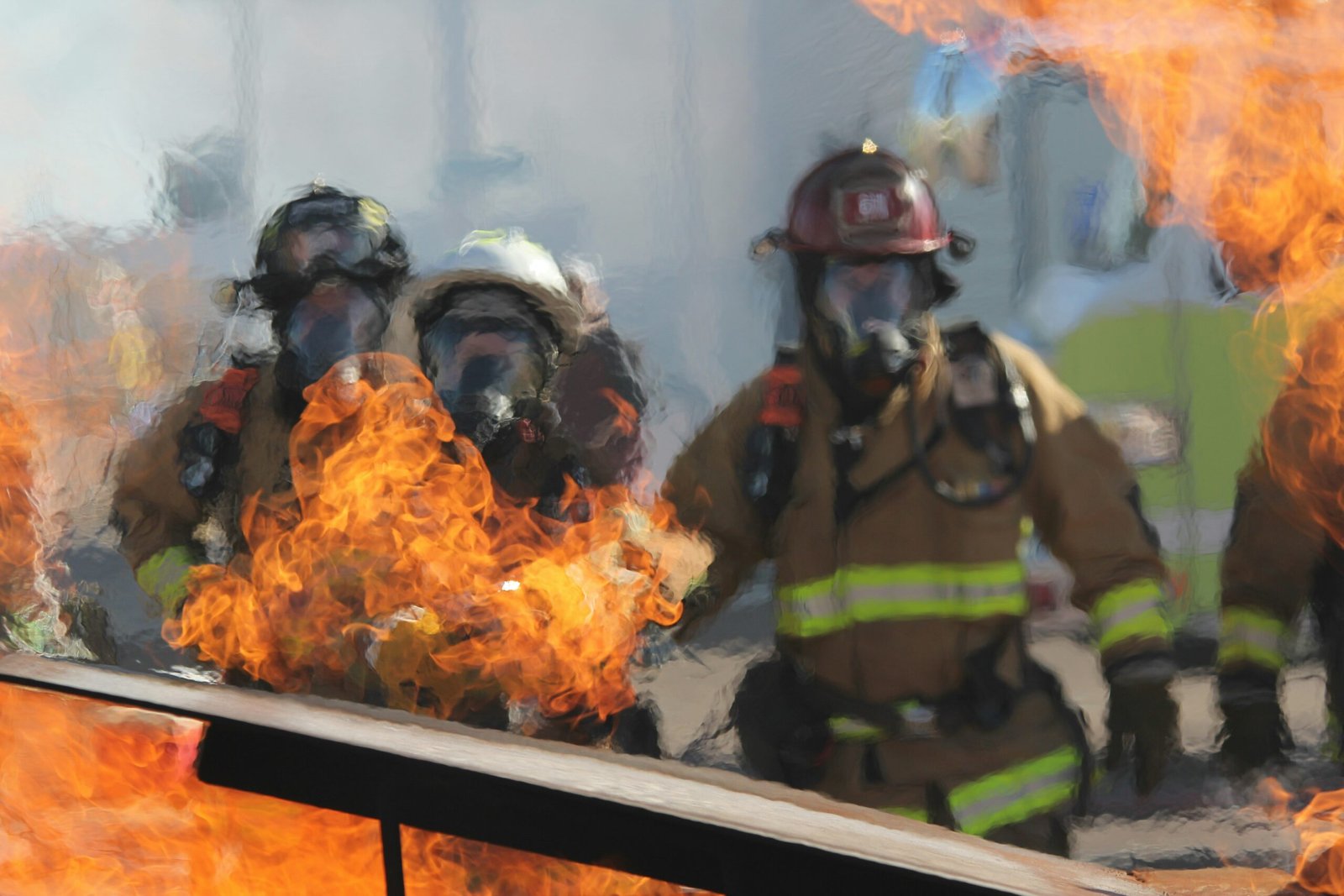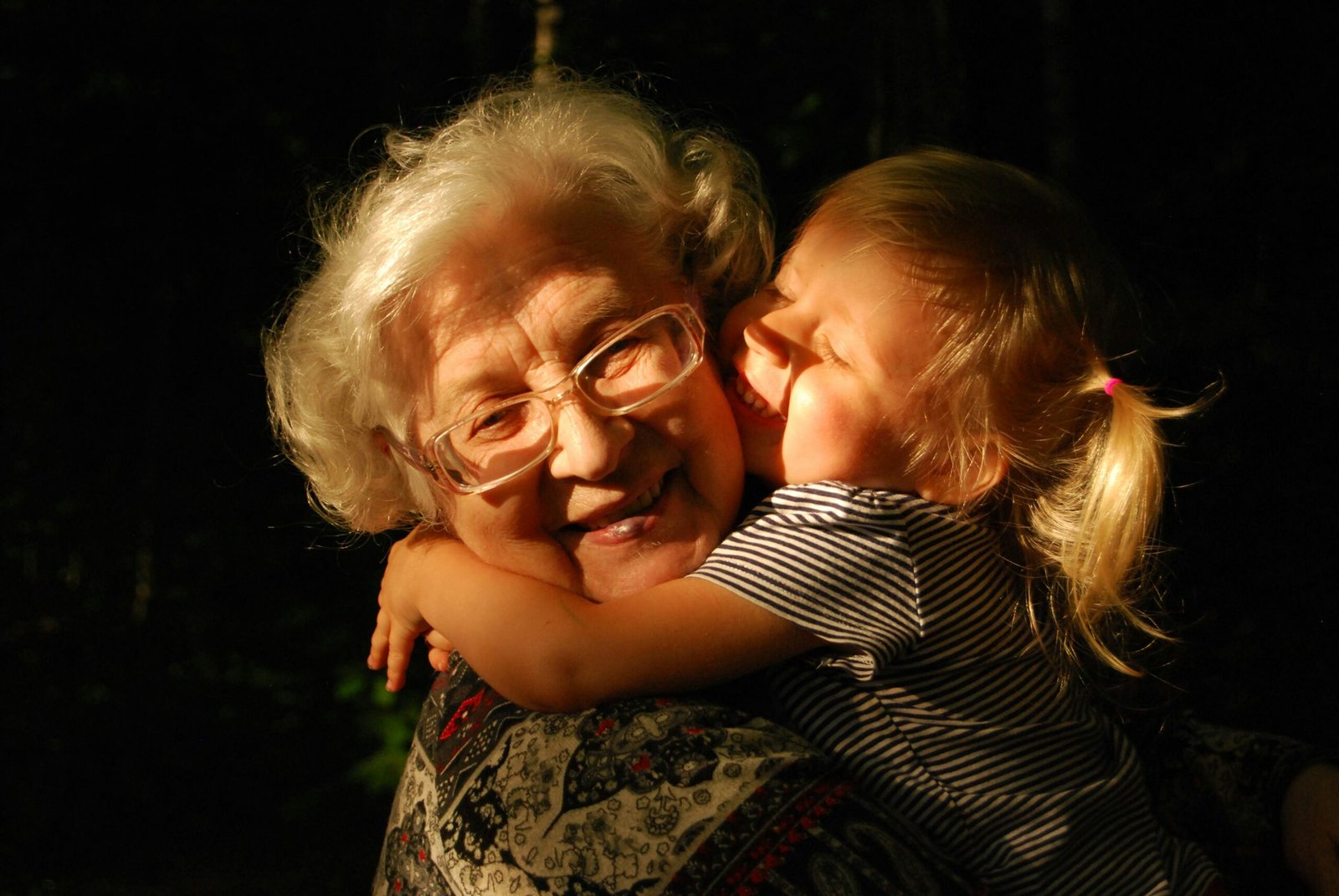Introduction: The Struggles of Healthcare Workers During COVID-19
The COVID-19 pandemic has unveiled unprecedented challenges for healthcare workers globally, profoundly impacting their physical and mental well-being. Frontline personnel, including nurses, doctors, and support staff, have been thrust into a relentless battle against an invisible enemy, facing an overwhelming surge of patients and an unyielding workload. For healthcare workers like Clara, the emotional toll of caring for COVID-19 patients has been extraordinary, often leading to feelings of isolation, exhaustion, and anxiety.
From the devastating loss of patient lives to the uncertainty surrounding the virus, the continuous exposure to high-stress situations has made it increasingly difficult for healthcare workers to maintain their mental health. The persistent fear of contracting the virus and transmitting it to loved ones adds an additional layer of anxiety, compounding the already overwhelming stressors inherent in their roles. This unique intersection of physical danger and emotional strain has led to heightened rates of burnout, depression, and post-traumatic stress disorder within the healthcare community.
The urgent need for mental health support is undeniably clear. As healthcare systems struggled to cope with the relentless demands of the pandemic, support services lagged behind, leaving many workers feeling vulnerable and unsupported. Initiatives aimed at providing psychological resources, counseling, and support networks have emerged to address this burgeoning crisis. However, the implementation of these services often faces bureaucratic hurdles, and accessibility remains a significant concern, leaving many healthcare workers without the essential tools they require to cope with their experiences.
Thus, recognizing these struggles and fostering a robust support system for healthcare professionals is critical. Collective efforts to prioritize mental health in healthcare settings will not only benefit the well-being of these individuals but also enhance the overall resilience of the healthcare system during times of crisis. As we delve deeper into the journey of Clara and Samuel, their efforts to rally support for their peers illustrate the resilience and strength of the healthcare community amidst adversity.
Meet Clara: A Dedicated Nurse in Italy
Clara, a nurse residing in Italy, has dedicated her life to the healthcare profession. With over a decade of experience in nursing, she has spent the majority of her career in emergency care, where the fast-paced environment has honed her skills and shaped her resilience. Clara was drawn to nursing not merely as a career path, but as a calling—her intrinsic desire to assist the sick and vulnerable has propelled her to give her best every day. This commitment, however, has not come without challenges, particularly during the COVID-19 pandemic.
The emergence of COVID-19 brought unprecedented levels of stress and emotional exhaustion to healthcare workers like Clara. As she navigated through long shifts filled with critical cases, Clara witnessed firsthand the devastation inflicted by the virus on patients and their families. The reality of caring for individuals experiencing severe illness while simultaneously managing resource scarcity put immense pressure on her and her colleagues. Despite this turmoil, Clara’s dedication never wavered; she remained a steadfast presence, delivering compassionate care amid chaos.
Clara’s emotional state reflects the broader experience of many frontline healthcare workers. The intense anxiety and fear stemming from exposure to the virus, the overwhelming sense of responsibility, and the heartbreak of losing patients have all contributed to significant emotional fatigue. Despite these challenges, Clara has found solace in her team and the camaraderie shared with fellow nurses, who understand the weight of their collective experience during these trying times. Clara’s journey is emblematic of the struggles faced by healthcare professionals worldwide, illustrating the urgent need for recognition and support for those on the frontlines of the battle against COVID-19.
Encountering Burnout: Clara’s Emotional Struggles
As a dedicated healthcare professional, Clara found herself facing an emotional landscape fraught with challenges during the COVID-19 pandemic. The unexpected surge in patients, coupled with the ever-evolving demands of her role, began taking a significant toll on her mental well-being. She experienced widespread feelings of isolation, often feeling detached from both her colleagues and personal life. This sense of separation was exacerbated by the intensity of her work environment, where the stakes were incredibly high, and the outcomes often heart-wrenching.
The anxiety Clara experienced was not merely a fleeting emotion; it became a constant companion. Daily, she grappled with the fear of contracting the virus and the concern that she might inadvertently pass it on to her loved ones. This worry intensified her sense of vulnerability, leaving her in a state of perpetual alertness, which is a breeding ground for burnout. Clara often noted feelings of fatigue that transcended physical exhaustion. It was an emotional and psychological drain that crept into her daily activities, making even simple tasks feel overwhelming.
The signs of burnout in healthcare workers, like Clara, are increasingly recognized in academic literature and discussions amongst professionals. Symptoms such as chronic exhaustion, a sense of ineffectiveness, and a growing cynicism about one’s work can significantly affect not only the individuals enduring these feelings but also the quality of care they provide. Clara’s experience, while personal, mirrors a broader phenomenon where countless healthcare professionals are battling similar emotional struggles amid extraordinary pressure. Addressing these issues is paramount in fostering not only the well-being of healthcare workers but also the efficacy of our healthcare systems during these trying times.
Samuel’s Journey: Advocate and Survivor
Samuel, a dedicated mental health advocate from Kenya, found his calling in supporting others through their mental health struggles. His deep-seated passion for improving mental health awareness stemmed from his own experiences with burnout, which he faced as he devoted his life to helping vulnerable communities. Samuel understood the profound impact that mental health can have on overall well-being, both for individuals and communities. His work often revolved around addressing issues such as depression, anxiety, and the stigma surrounding mental health, which he encountered frequently in his own environment.
Upon moving to Italy, Samuel’s journey took a significant turn, marking a pivotal moment in his life and work. The COVID-19 pandemic had ravaged the global landscape, and healthcare workers found themselves at the frontline of this crisis. Witnessing the toll this stress took on both patients and medical personnel, Samuel felt compelled to share his insights as a mental health advocate. He recognized that the mental fatigue experienced by healthcare workers was a silent yet pervasive epidemic, one that echoed his own past struggles. Drawing from his experiences, Samuel began to offer support to these frontline workers, emphasizing the importance of mental health care in their daily routines.
Through his advocacy, Samuel fostered a sense of connection and community amongst these healthcare heroes. His emphasis on open conversation and support allowed individuals to express their struggles openly, creating a safe space where vulnerability was welcomed. This approach not only facilitated healing but also underscored the significance of collaborative efforts in addressing mental health issues. Samuel’s arrival, coupled with Clara’s endeavors, showcased how meaningful relationships can contribute to resilience and recovery in challenging times.
The Power of Connection: Clara and Samuel Meet
Clara and Samuel’s first meeting was marked by an atmosphere of shared understanding and empathy. Both individuals had experienced the profound challenges posed by the COVID-19 pandemic in their roles within the healthcare sector. Clara, a dedicated nurse, and Samuel, a public health worker, found common ground as they reflected on the mounting pressures and emotional toll faced by their colleagues. Their conversation began with anecdotes of long shifts and cramped hospital wards, gradually evolving into a discussion about mental health and the critical importance of peer support.
As they spoke, it became evident that their different backgrounds enriched their perspectives. Clara, immersed in the daily challenges of patient care, shared her experiences of burnout and the isolation that often accompanied her role. Meanwhile, Samuel, who had dealt with the community’s broader public health context, emphasized the systemic issues contributing to healthcare worker stress, such as inadequate resources and overwhelming patient volumes. This exchange highlighted how varied experiences related to healthcare roles could lead to a deeper understanding of the collective struggle in the sector.
This meeting served not only as an opportunity for personal connection but also as a catalyst for a broader initiative aimed at supporting healthcare workers. Clara and Samuel recognized that they could merge their insights to advocate for a more robust support system that addressed both individual and systemic mental health challenges. Their bond underscored the idea that true healing and resilience could emerge from fostering connections among those who have faced similar adversities. Through their dialogue, they exemplified the power of shared experiences to illuminate the pathways toward healthier work environments and improved mental resilience for healthcare professionals.
Creating a Support Group: A Safe Space for Healthcare Workers
In response to the heightened pressures faced by healthcare workers during the COVID-19 pandemic, Clara and Samuel recognized the critical need for a supportive community. They embarked on the journey to establish a dedicated support group, aiming to create a safe space where healthcare professionals could share their experiences, insights, and emotional burdens. This group was designed not merely as a discussion forum but as a sanctuary where participants could connect with others who understood their unique challenges.
The meetings were structured to foster open dialogue and included a variety of contemplative formats. Each session began with a brief mindfulness exercise, allowing participants to center themselves and refocus their thoughts. Afterward, members were encouraged to share their feelings and experiences, whether related to job stress, work-life balance, or coping strategies. Topics ranged from discussions about burnout to ways of finding joy amidst adversity, ensuring a holistic approach toward emotional well-being.
Clara and Samuel emphasized the importance of maintaining a respectful and confidential environment. Trust was paramount, and they worked diligently to establish ground rules that encouraged all voices to be heard while preserving the privacy of personal stories. A rotating facilitation structure was implemented to cultivate leadership among group members and empower them to take ownership of the sessions.
Despite the positive progress, challenges remained. Ensuring inclusiveness while addressing the diverse backgrounds and experiences of participants was essential. Clara and Samuel continually sought feedback from the members to adapt materials and agendas, aiming for a welcoming atmosphere for all healthcare workers, regardless of their roles or specialties.
By establishing this support group, Clara and Samuel have significantly contributed to the mental health landscape for healthcare professionals, offering them a refuge during one of the most demanding times in modern healthcare history.
Sharing Struggles: The Impact of Peer Support
The unprecedented challenges posed by the COVID-19 pandemic have significantly affected healthcare workers, often leading to feelings of isolation and emotional distress. Within this environment, peer support has emerged as a powerful tool, fostering connections among healthcare professionals who share similar experiences. As Clara and Samuel observed, individuals who engage in peer support programs often recount how sharing their personal narratives helps them navigate their own struggles, providing an outlet for the emotions they may otherwise keep bottled up.
Testimonies from group members indicate that these shared experiences create a sense of camaraderie, allowing healthcare workers to feel understood and less alone in their burdens. One nurse described the relief she felt after recounting her experiences to peers who could relate. “It was like a weight lifted off my shoulders,” she explained. The opportunity to exchange stories and feelings offers a unique form of healing, validating their struggles while reinforcing a collective understanding of the pressures faced during these challenging times.
Furthermore, peer support groups create a safe space where healthcare workers can express their vulnerabilities without the fear of judgment. This environment promotes emotional processing, enabling individuals to confront their feelings about the pandemic, which is critical for mental well-being. As Samuel noted, “When we share our struggles, we realize we are not alone in this fight. It becomes about supporting one another.” The act of simply listening and being present for each other allows healthcare professionals to lighten their emotional load.
In conclusion, the integration of peer support within the healthcare community is vital. It not only encourages emotional sharing but also reinforces the importance of connection in overcoming the isolation that many have experienced during the pandemic. The impact of these shared narratives extends beyond mere relief, fostering resilience and hope among healthcare workers.
Resilience Through Community: Success Stories from the Support Group
The ongoing challenges faced by healthcare workers during the COVID-19 pandemic have tested their limits, leading to emotional, mental, and physical strain. Amidst these adversities, myriad stories of triumph and resilience have emerged from the support group established by Clara and Samuel. This community has become a beacon of hope, showcasing how shared experiences foster personal transformations that are vital in overcoming emotional challenges.
One notable story is that of Dr. Emily, a frontline nurse who felt overwhelmed by the day-to-day realities of her work. Initially reluctant to join the group, she eventually found the courage to attend. Through discussions that shed light on feelings of anxiety and exhaustion, she discovered that many of her colleagues shared similar struggles. The bond she formed with fellow members not only offered her solace but also encouraged her to develop healthy coping strategies. As a result, Dr. Emily reported feeling revitalized, finding joy in her work once again, and becoming a source of inspiration for her peers.
Similarly, a respiratory therapist named Mike shared his battle with burnout. Through the support group, he learned valuable skills in mindfulness and stress management which he had never encountered before. This newfound knowledge allowed Mike not only to improve his mental health but also to assist others within the group facing similar obstacles. His journey exemplifies how personal resilience is amplified through collective support.
These stories are just a glimpse into the profound impact this community has had on healthcare professionals. Each member’s narrative contributes to a tapestry of strength, illustrating that support, empathy, and shared experiences can significantly alleviate the burden placed on healthcare workers during these trying times. The bonds forged within this group have proven that together, they can navigate and rise above their challenges.
Conclusion
The journey of Clara and Samuel underscores the significant impact that mental health support can have on healthcare workers, especially in the wake of the unprecedented challenges presented by COVID-19. As these dedicated individuals have grappled with the emotional toll resulting from their frontline experiences, the need for comprehensive mental health resources has become paramount. The findings from their story highlight the critical role that community connection plays in mitigating feelings of isolation and burnout that many healthcare professionals face daily.
Research has consistently shown that mental health challenges among healthcare workers can lead to detrimental outcomes, not just for the individuals affected but also for the quality of care provided to patients. Programs aimed at supporting emotional well-being are essential in creating a work environment where healthcare professionals can thrive. Initiatives like peer support groups, counseling services, and wellness programs are instrumental in offering the necessary resources and frameworks for mental health care. Through these measures, individuals like Clara and Samuel can not only receive assistance but also foster a sense of camaraderie among colleagues.
It is crucial for organizations and communities to remain vigilant in prioritizing the mental health of healthcare workers. Awareness and ongoing advocacy are needed to ensure that these individuals are not overlooked as they continue to serve during times of crisis. Supporting emotional well-being is not just a benefit; it is a necessity that safeguards the health of workers and the patients they serve. As society moves toward recovery from the pandemic, the lessons learned must prompt lasting changes that provide robust support systems for those on the front lines of healthcare.


















No Comments
Leave a comment Cancel